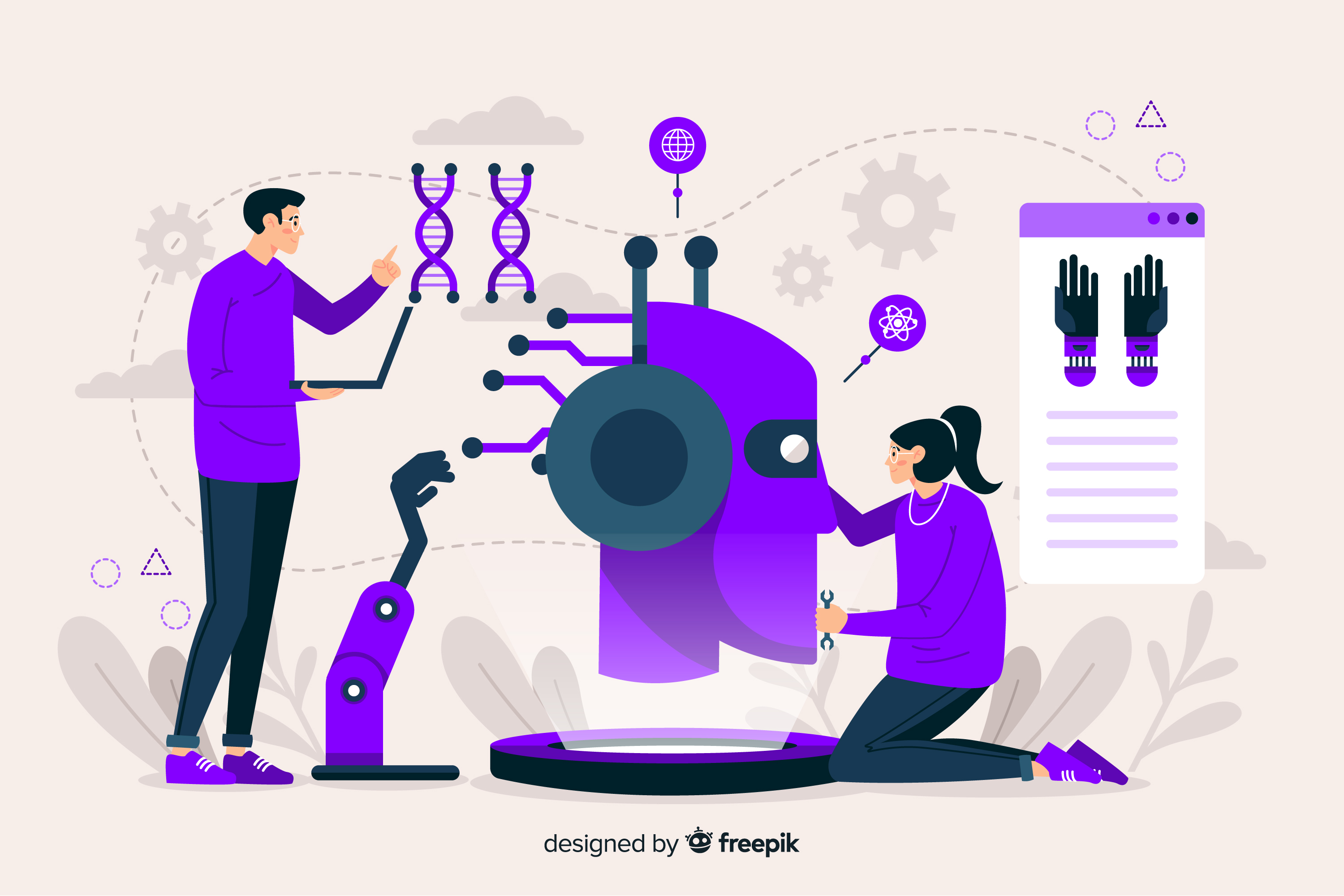As the digital landscape evolves, B2B marketing grows increasingly competitive. In this environment, high-quality content is more critical than ever. With AI (Artificial Intelligence) revolutionizing how we create and distribute content, traditional methods like content syndication have undergone a significant transformation. Now, businesses can not only expand their reach but also generate higher-quality leads more efficiently.
AI-driven content syndication is no longer just an option; it's a necessity for staying ahead in the B2B marketing game.
What is Content Syndication?
Content Syndication might not be the first tactic that comes to mind when discussing marketing strategies, but it can significantly boost your brand presence, attract clients, and generate leads, especially in B2B marketing. It seamlessly integrates into your current marketing efforts without disrupting your workflow.
Content syndication refers to republishing a single piece of content on multiple channels. This can include infographics, blogs, videos, and more. For instance, if you create a compelling video but it doesn’t reach many people on Instagram, you can syndicate it across platforms like Facebook or YouTube to increase views.
Benefits of Content Syndication:
Cost-effective: Repurposing content requires little financial investment.
SEO improvement: It helps improve your website's SEO performance by expanding your content’s digital footprint.
The Role of AI in Content Syndication
There is no doubt that content syndication is essential for scaling the impact and performance of marketing campaigns. By publishing your content across various platforms, you can reach a wider audience, boost website traffic, and enhance domain authority.
However, executing an effective content syndication plan can be time-consuming and complex. This is where AI becomes a game-changer.
AI revolutionizes the way we approach content syndication. It simplifies, personalizes, and automates the entire process, helping B2B marketers achieve more with less manual effort.
Benefits of AI-Driven Content Syndication
1. Enhanced Efficiency and Automation
One of the biggest advantages of AI-driven content syndication is the automation of B2B marketing tasks. AI tools can automatically share your content across multiple platforms, saving considerable time and resources. For example, tools like Outbrain and Taboola allow you to distribute your content efficiently while targeting the right audience.
2. Improved Personalization
AI helps you personalize content distribution by analyzing user behavior, preferences, and demographics. With advanced AI algorithms, you can pinpoint the most suitable consumers for your content and deliver it at the optimal time for maximum engagement.
For instance, HubSpot’s AI-powered content tools help B2B marketers segment their audience and tailor content to individual needs, leading to better engagement rates and higher conversion rates.
3. Data-Driven Insights and Optimization
AI's ability to analyze large sets of data is unmatched. With AI-powered content syndication, you can track metrics like engagement rates, click-through rates, and conversions to determine which content performs best.
For example, platforms like Google Analytics AI provide actionable insights into user behavior, enabling you to adjust your content strategy in real-time for better results.
4. Consistency and Quality Control
Consistency in tone and messaging is crucial in building brand trust. AI-driven tools, such as those utilizing Natural Language Processing (NLP), ensure that the tone and style of your content remain consistent across all platforms. This improves both the quality and reliability of your syndicated content.
By using NLP, AI ensures your content is aligned with your brand voice, regardless of where it’s shared.
AI-Driven Content Syndication Strategies You Must Know for 2025
With 2025 well underway, AI continues to play an essential role in transforming B2B marketing strategies. Below are the most effective AI-driven content syndication strategies that you should be implementing:
1. Tailored Content Distribution
AI allows you to segment your audience by analyzing buyer personas, behavior patterns, and demographic data. Once segmented, you can create tailored content that directly addresses the needs and pain points of each group.
Example: A B2B SaaS company can create targeted whitepapers for CIOs, while offering detailed case studies to procurement managers, all using AI tools to determine the right content for each persona.
2. Automation of Omnichannel Distribution
With AI-powered tools, you can set up rules for content distribution such as timing, keywords, and audience demographics. Omnichannel distribution ensures your content is seen across various platforms without added manual effort.
Tools: Platforms like Buffer or Hootsuite allow you to automate your content publishing across multiple platforms while monitoring performance metrics in real-time.
3. Repurpose Your Content for Maximum Reach
You don’t always need to create new content. Repurpose existing material by transforming it into videos, infographics, or slideshows to cater to different audience preferences. AI tools can help streamline this process, ensuring you maintain consistency across different formats.
Example: A long-form blog post can be turned into a video tutorial, an infographic, or a series of social media posts using AI tools like Lumen5 or Canva.
4. Leverage Predictive Analytics for Better Content Performance
AI-driven predictive analytics helps you identify trends in audience behavior and predict how certain content will perform. By analyzing historical data, AI tools like IBM Watson Analytics can help forecast future results, allowing for data-driven decisions.
Example: Use predictive analytics to determine which type of content will resonate best with specific buyer personas and adjust your content syndication strategy accordingly.
Wrapping It Up
It is no surprise that AI is revolutionizing how businesses approach content syndication. The benefits are clear: enhanced automation, better personalization, valuable data insights, and improved content quality.
By incorporating AI-powered strategies into your content syndication efforts, your B2B marketing can achieve better ROI, improved engagement rates, and increased brand authority. The future of AI in B2B content syndication looks promising, and now is the time to embrace it.
Call to Action:
To stay ahead of the competition, consider implementing AI tools in your content syndication strategy today. Evaluate your current process and identify areas where AI can boost efficiency and performance.




